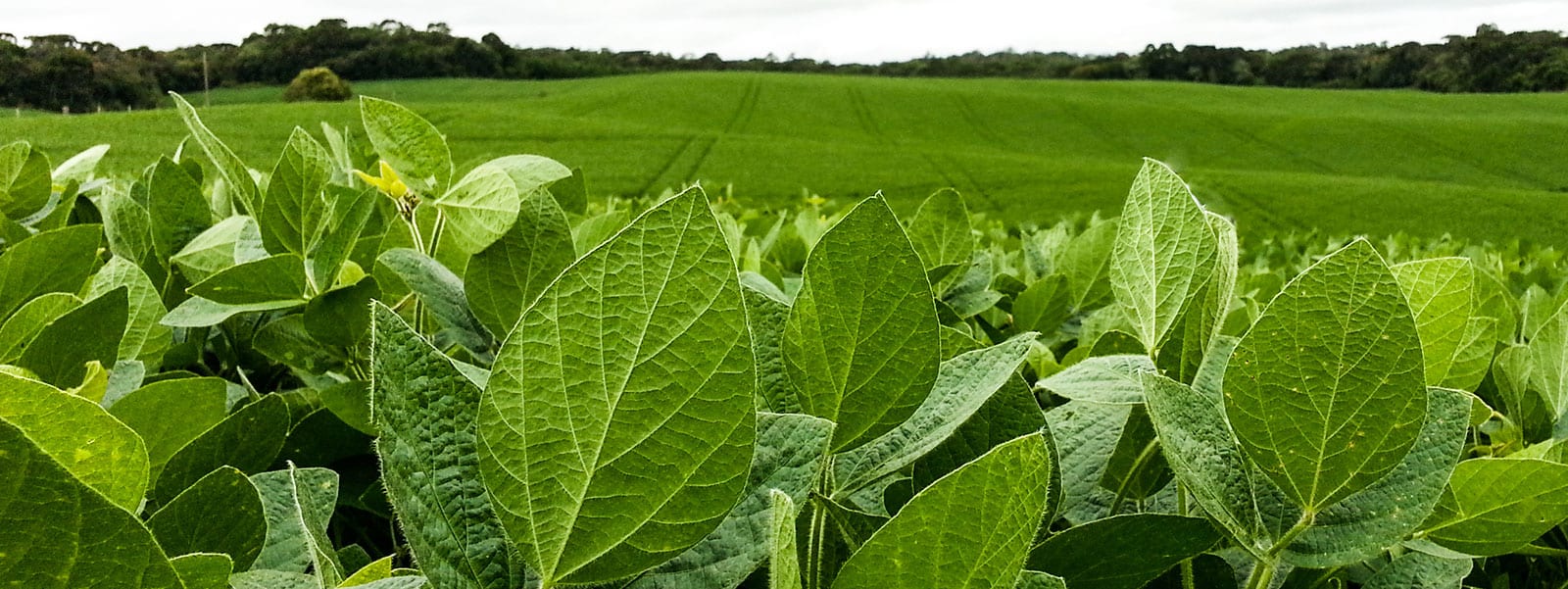
Our family farm grows corn and soybeans in Southwest Michigan. Since their introduction about 20 years ago, we have adopted genetically engineered traits that benefit our farm, particularly the herbicide-resistance trait and the Bt trait. The herbicide-resistant crops allow us to use Round-Up—a relatively safe and non-toxic herbicide—to kill weeds without hurting the corn and soybean plants. The Bt seeds? protects our corn crop by making it toxic to certain bugs, including all those pesky worms that can quickly and effectively destroy an entire field, but not toxic to humans.
Unfortunately, biotechnology has taken quite a beating in public perception. We have seen propaganda campaigns aimed at misleading consumers into thinking all sorts of negative things about GMOs, including that farmers do not want to plant these crops on their farms. We adopted this technology, in part, because we have seen environmental benefits for our farm.
Here are a few of them:
We Use Less Herbicides.
Weeds are a big deal. Beyond just making a field look “pretty,” farmers are always fighting weeds because their presence can have a seriously adverse impact on yields. Before herbicide-resistant crops were available, the only option for weed control was to try to kill them before the crop was planted. Once the crop was planted and started growing, weed control options were quite limited. Farmers usually had to use harsher chemicals to deal with some of the more difficult weeds, such as grass in corn. Herbicide-resistant crops have made weed control much easier, with a safer product. We also use less herbicide on our crops because the herbicides are so effective the first time around.
We Use Zero Insecticides.
Thanks to genetically modified crops, we no longer apply any insecticide to our corn crop. Before GMOs, insecticide was a very important piece of our crop protection tools. Instead of having worms that will chew through and destroy an entire field, the Bt trait protects the corn from those pests. One of the biggest advantages is that the Bt trait only negatively impacts certain worms, and does not bother other beneficial insects. So, not only have we stopped using insecticides, we are able to protect the good bugs.
Conservation Tillage is More Easily Adopted.
Conservation tillage allows farmers to leave residue from the previous year’s crops in the field without having to plough or disturb the soil before planting for the next year. This is a really important tool for farmers because it can drastically increase soil health, which potentially means we require fewer farm inputs and can achieve higher yields. Herbicide-resistant crops make it much easier to adopt conservation tillage practices because weeds are more easily controlled.
We Have Less Carbon Emissions.
Tractors burn fuel to get across the fields. That means every time we have to apply herbicides or insecticides, we have to run the tractor up and down the field, burning fossil fuels. As we know, this results in carbon emissions that contribute to climate change. With the adoption of genetically engineered crops, we are able to make fewer passes across the field. The result is that we have less carbon emissions and less impact on climate change.
Despite what consumers may have heard, genetically modified crops have provided a lot of environmental benefits for family farmers. We are definitely happy to use them!
This article was originally published at www.fooddialogues.com.
